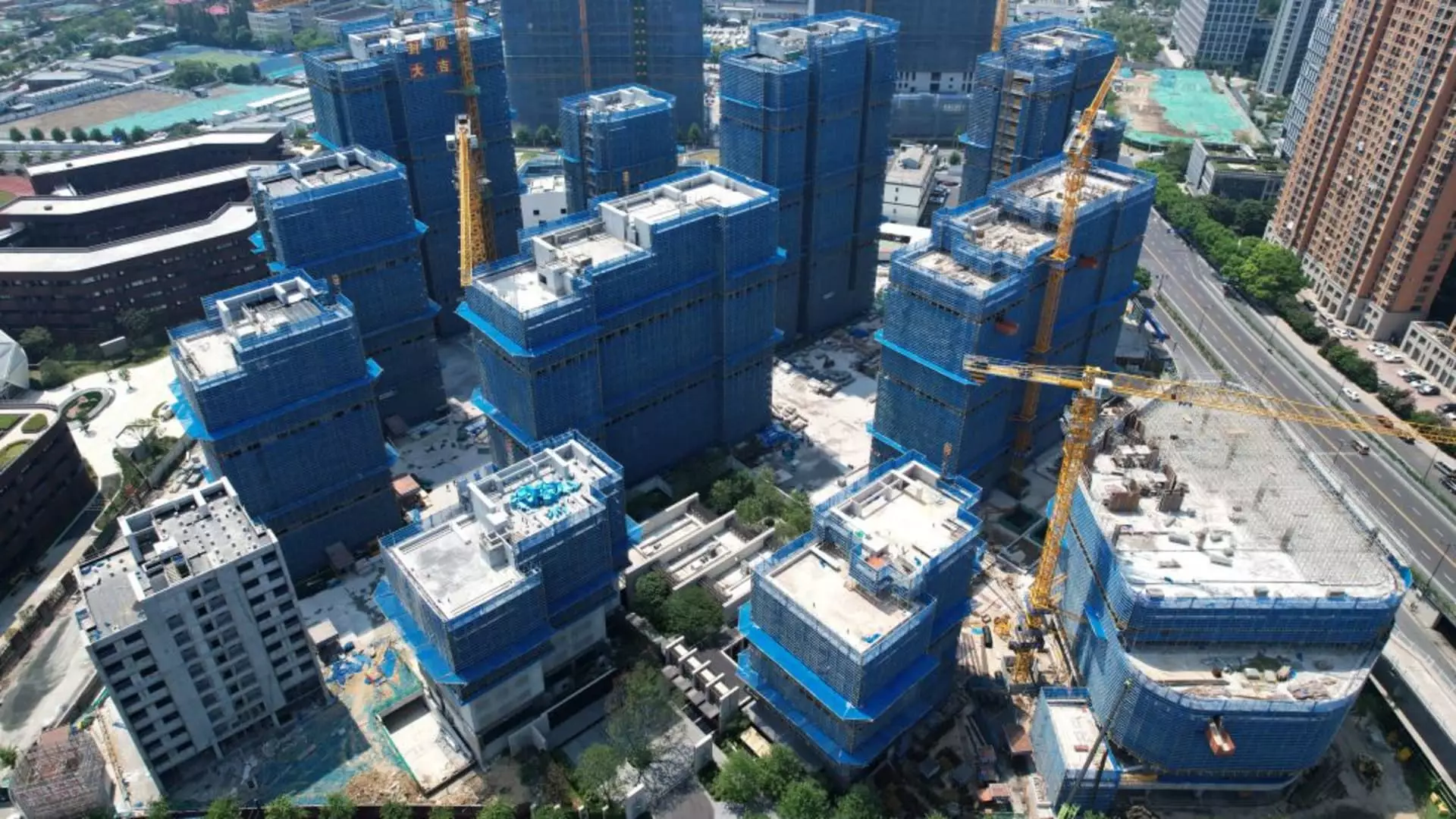China’s property market struggles and U.S. sanctions have had a significant impact on many of its cities, as highlighted by the Milken Institute’s best performing cities China index. Hangzhou, the capital of Zhejiang province and home to tech giants like Alibaba, has emerged as a top performer in this year’s rankings. The city’s success can be attributed to its growth as a hub for e-commerce, manufacturing, and finance.
On the other hand, cities like Zhuhai have seen a dramatic drop in rankings due to the slump in the real estate market. Once considered a “rising star,” Zhuhai fell 32 places in the index to 157th place. The decline in real estate has had a ripple effect on the overall economy, with builders facing financial constraints that have stalled projects and hindered growth.
Dongguan, known as the city of factories and home to Huawei’s sprawling campus, faced a double blow with both the real estate slump and U.S. sanctions. As a result, Dongguan dropped 15 places in the rankings to 199th place. The sanctions imposed by the U.S. have further exacerbated the challenges faced by the city, impacting its overall economic performance.
In contrast, the nearby metropolis of Shenzhen has shown resilience in the face of economic challenges. Despite being behind Beijing in the rankings, Shenzhen has managed to climb to 9th place. The city’s ability to adapt and innovate has helped it weather the storm, showcasing its strength in the midst of adversity.
Zhengzhou, home to iPhone manufacturer Foxconn, has also felt the impact of geopolitical tensions on its economy. The city dropped to 22nd place in the rankings, down from 3rd place in previous years. The disruption in exports due to geopolitical factors has hindered Zhengzhou’s growth prospects, highlighting the interconnected nature of global trade.
Cities like Hefei and Wuhan have fared better in the latest index, showcasing their resilience and adaptability in challenging times. While Wuhan surged to second place, Hefei remained among the top ten cities. Wuhan’s efforts to keep factories operational during the pandemic and government support for technological development in Hefei have contributed to their success.
Despite the success of cities like Hangzhou, replicating this success in other cities may prove to be a challenge. The outperformance of the local property sector has led to an increase in living costs, posing challenges for sustainable growth. While cities like Zhuhai show promise in service and production jobs, the continued impact of the real estate market remains a hurdle for economic development.
China’s economic struggles and external pressures have had a varied impact on its cities, with some emerging as leaders while others face significant challenges. The shifting dynamics of the property market, coupled with geopolitical tensions, underscore the need for cities to adapt and innovate to thrive in an ever-changing global landscape.


Leave a Reply